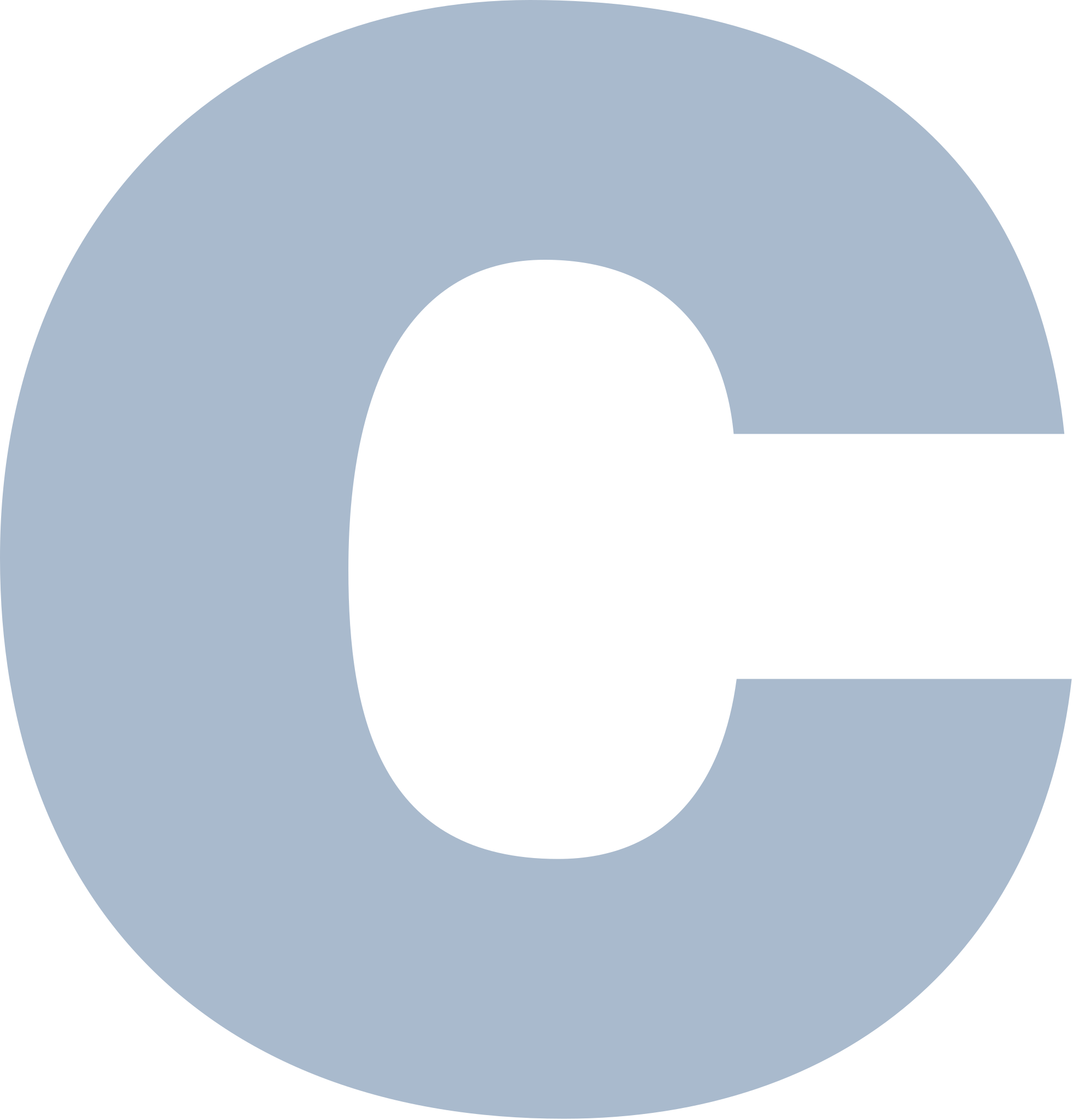Understanding Developmental Coordination Disorder Therapy and its Benefits

Image Source: Google
Developmental Coordination Disorder (DCD) is a common neurodevelopmental disorder that affects a person’s ability to coordinate movements. Individuals with DCD may have difficulty with tasks such as writing, tying shoelaces, or playing sports. However, with appropriate therapy and support, individuals with DCD can improve their motor skills and lead fulfilling lives.
In this article, we will explore DCD therapy and its benefits in helping individuals with this condition. If you are in search of a development coordination disorder therapy, you may navigate to this site.
What is Developmental Coordination Disorder?
Developmental Coordination Disorder is a condition that impacts motor coordination and can affect a person's ability to perform everyday tasks. Children with DCD may have trouble with activities that require fine motor skills, gross motor skills, or both. These difficulties can persist into adolescence and adulthood if not addressed through appropriate interventions.
Common signs and symptoms of DCD include:
- Difficulty with fine motor tasks such as writing, drawing, or using scissors
- Challenges with gross motor skills like running, jumping, or catching a ball
- Trouble with coordination and balance
- Social and emotional issues related to difficulties in physical activities
DCD Therapy Approaches
Therapists use a variety of approaches to help individuals with DCD improve their motor skills and overcome challenges in daily activities. Some common therapy approaches for DCD include:
Occupational Therapy:
- Focuses on developing fine motor skills for tasks like writing, drawing, and using utensils
- Uses activities to improve coordination and sensory processing
- Works on improving daily living skills
Physical Therapy:
- Focuses on improving gross motor skills such as running, jumping, and catching or throwing a ball
- Works on balance and coordination exercises
- Strengthens muscles to support better movement patterns
Speech Therapy:
- May be helpful for individuals with DCD who also have speech and language difficulties
- Focuses on oral motor skills and communication
- May address social communication and interaction skills
Benefits of DCD Therapy
Therapy for Developmental Coordination Disorder can offer a range of benefits to individuals struggling with this condition. Some of the key benefits include:
Improved Motor Skills:
- Therapy can help individuals develop better coordination and control over their movements
- Improvement in fine and gross motor skills can lead to increased independence in daily activities
Enhanced Self-Esteem:
- As motor skills improve, individuals may feel more confident in their abilities
- Success in therapy can boost self-esteem and self-efficacy
Better Social Interaction:
- Improved motor skills can help individuals participate more fully in social activities
- Increased confidence can lead to better social interactions with peers

